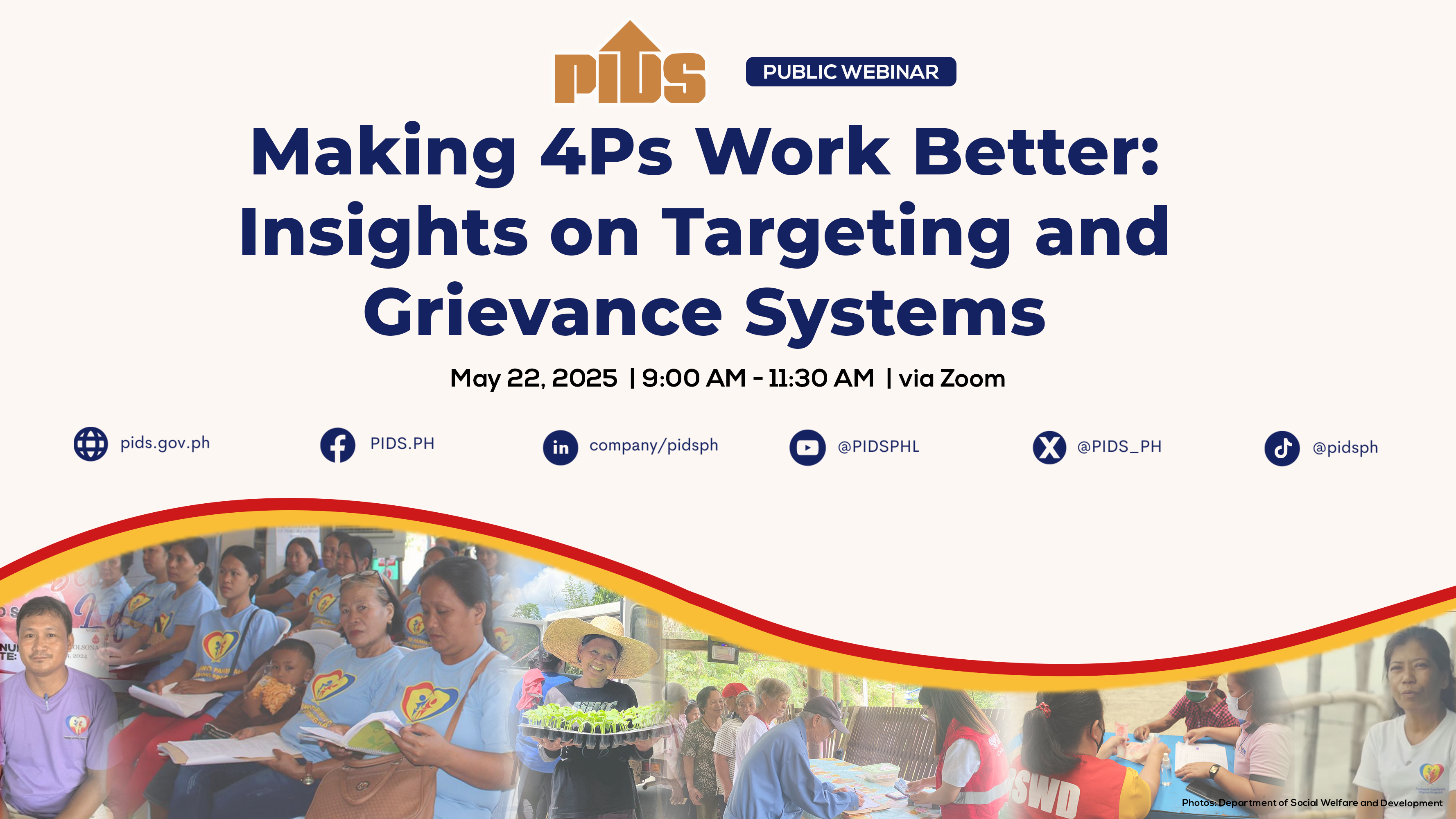Holding company Phinma Corp. has highlighted the need for the government and the private sector to work together to improve the country’s educational standing.
“We in the private sector believe that we can contribute to changing the course of history. Private education institutions can complement the public sector in improving the quality of education in the country,” said Ramon del Rosario Jr., chairman and CEO of Phinma.
In the 2018 Programme for International Student Assessment (PISA), students from the Philippines ranked the lowest among 79 countries in terms of reading comprehension and second lowest in both mathematical and scientific literacy.
This, despite the steady increase in education spending over the last 25 years.
Spending on education increased by 6.4 percent annually in the last 15 years alone, according to the Philippine Institute for Development Studies.
“While the public sector’s education spending per person in the country has grown robustly over the past 25 years, we continue to perform poorly in internationalized standardized student assessments. This is a clear indicator that we have much to do and increasingly little time to do it,” Del Rosario said.
For his part, Phinma Education president and CEO Chito Salazar said the public and private sectors can complement each other.
“The public and private sectors need to work together to maximize efforts, facilities, and resources to solve the learning crisis,” Salazar said.
Asian Development Bank Education specialist for higher education Meekyung Shin said Korea and Japan have shown that private education plays a critical complementary role in improving access, quality and relevance of higher education.












